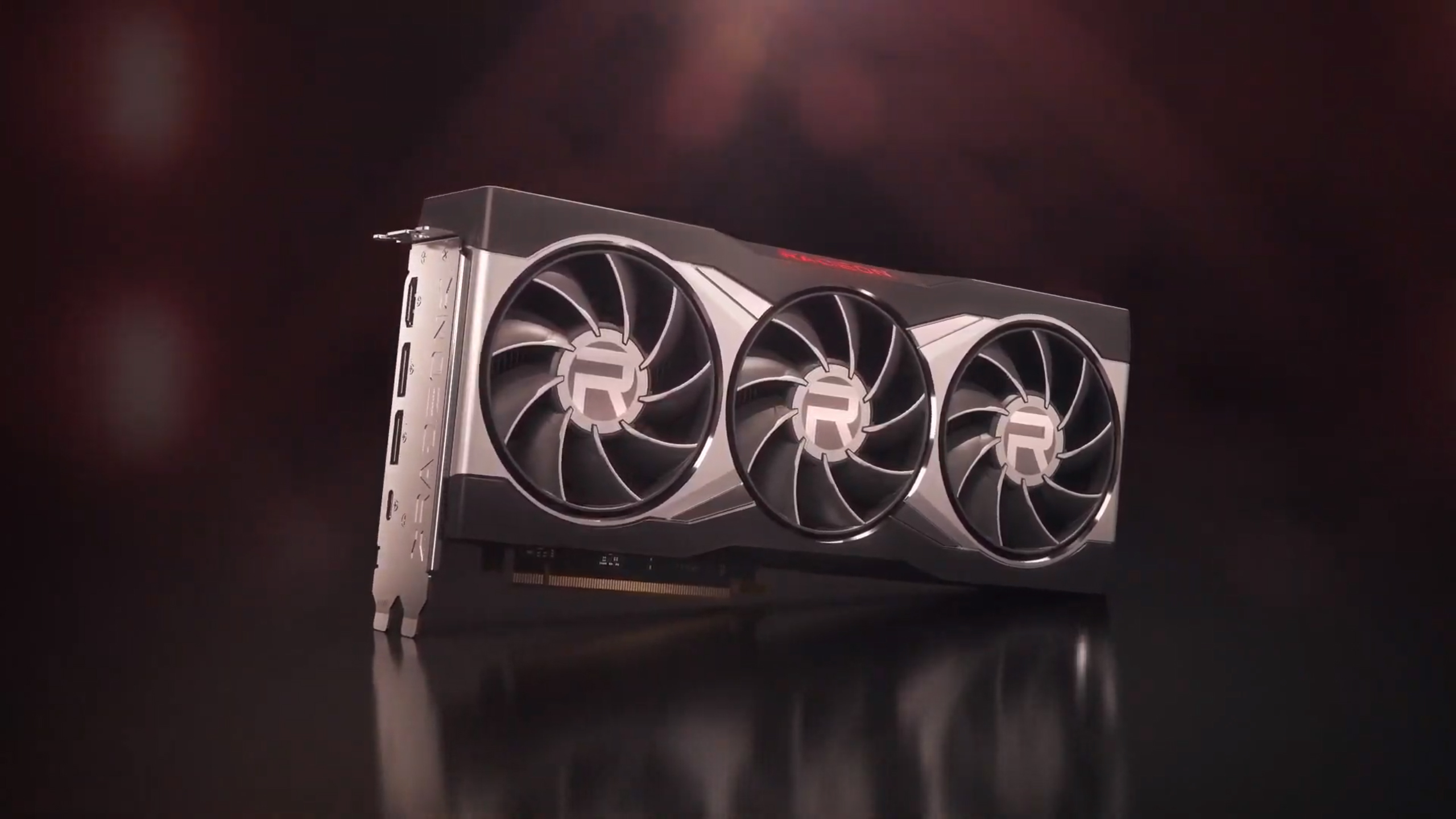AMD set to beef up power usage with RDNA 3 GPUs – but not as much as Nvidia
According to AMD exec – but that doesn’t mean RX 7000 GPUs won’t be seriously efficient

AMD is going to be ramping up power levels with its RDNA 3 graphics cards, according to an interview with an exec from Team Red.
Tom’s Hardware spoke to Sam Naffziger, Senior VP, Corporate Fellow and Product Technology Architect at AMD, about the next-gen (presumably RX 7000) GPUs on topics which included power consumption.
Naffziger observed that the demand for better gaming (and compute) performance is accelerating, while process technology improvements are slowing down ‘dramatically’ at the same time, and that this meant: “Power levels are just going to keep going up. Now, we’ve got a multi-year roadmap of very significant efficiency improvements to offset that curve, but the trend is there.”
The exec again confirmed that with RDNA 3, AMD is expected to make a big leap in terms of performance-per-watt to the tune of 50% (or more) compared to current RDNA 2 graphics cards – a huge efficiency gain and one comparable to the progress made from RDNA to RDNA 2.
Naffziger elaborated: “Performance is king, but even if our designs are more power-efficient, that doesn’t mean you don’t push power levels up if the competition is doing the same thing. It’s just that they’ll have to push them a lot higher than we will.”
In other words, Nvidia pushing hard with power consumption to get more raw performance means AMD has to do the same to play catch-up – so we can expect more power-hungry cards this time round with the RX 7000 range, for sure. But the key point Naffziger is of course making is that Nvidia will have to go a lot higher power-wise, with less achieved on the efficiency front with its next-gen Lovelace (RTX 4000) cards (or that’s the expectation – and not just here).
Analysis: The cost of keeping up with Lovelace
So, it seems higher power usage levels (or TBPs) can be expected from both AMD and Nvidia with their respective next-gen graphics cards, and that’s something the rumor mill has long held.
Get daily insight, inspiration and deals in your inbox
Sign up for breaking news, reviews, opinion, top tech deals, and more.
For AMD, we’ve seen various bits of speculation on power consumption, including that the RDNA 3 flagship (Navi 31) could hit around 375W, or maybe higher, possibly running up to 450W. Although more recent leakage has suggested that we’re looking at the lower end of that scale.
Meanwhile, regarding Nvidia’s power usage, the grapevine has been carrying some more worrying theories for some time, including speculation around the RTX 4090 pushing to 600W – although 450W has been another more palatable suggested figure.
It’s clear enough that the rumor mill broadly paints the same picture as Naffziger does in this interview, then, but the concern is that the hint dropped here might point to something slightly more power-hungry from Team Red in an effort to keep up with Nvidia’s pedal-to-the-metal stance on power and performance.
In the end, if AMD does manage to achieve considerably better efficiency, which is how Team Red is already firmly pitching RDNA 3 against RTX 4000, this could be more of a sway on a GPU buying decision than it has been in the past – given the cost of electricity these days, and generally spiraling power bills.
The other possible upsides for those looking at higher-end graphics cards are a potentially better chance of avoiding the danger of a PSU upgrade with an RDNA 3 model, or even calming fears around a smaller or not-so-well-cooled case failing to cope on the thermals front. But let’s not go jumping to any conclusions just yet, of course...
Via VideoCardz
Darren is a freelancer writing news and features for TechRadar (and occasionally T3) across a broad range of computing topics including CPUs, GPUs, various other hardware, VPNs, antivirus and more. He has written about tech for the best part of three decades, and writes books in his spare time (his debut novel - 'I Know What You Did Last Supper' - was published by Hachette UK in 2013).